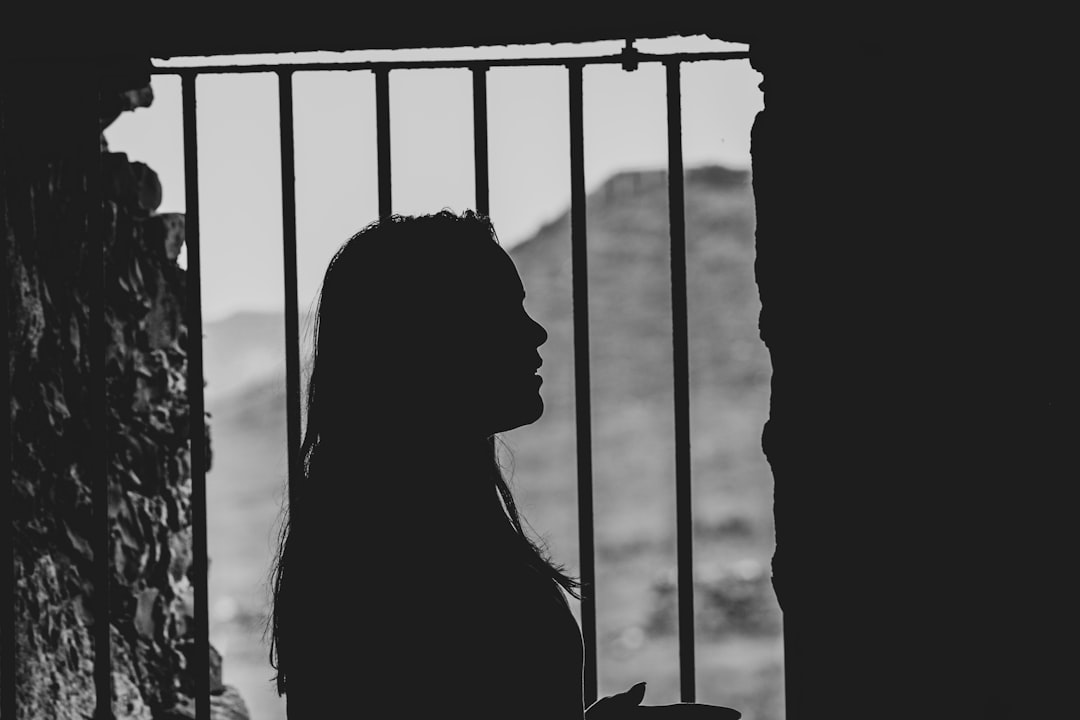Eman is 30 years old and the mother of five children. To ease her load of daily chores, she bought a washing machine, for which she took out a small loan of $764. She did not expect to have difficulties paying it back, but an accident put a stop to her projects and left her with degraded health and severe burns. Unable to pay back her installments, she was arrested and sent to prison, three times over.
Eman’s case is not isolated; in Egypt, over 30,000 women are in prison because they cannot pay back loans. Today they represent 25% of the prison population according to official estimates. These poor debtors, called the gharemat, receive small loans to pay for medical treatments, school fees, home appliances, or the marriage of their children. Some were even tricked by deceitful creditors who take advantage of these women’s illiteracy and vulnerability by making them sign receipts for amounts that exceed the initial loan.
“I call them poverty prisoners as they are imprisoned not as a result of a crime they committed but because they are poor”, says Dr Nawal Mostafa, founder of the Children of Female Prisoner Association (CFPA), “they sometimes borrow these small sums to buy electrical appliances because they don’t have a fridge or a washing machine at home."
Dr Mostafa has worked since the nineties to bring this issue to the mainstream. In 2007, she freed the first female debtor from prison, then succeeded in freeing 5000 more and paying off 8000 debts. Last year, her association partnered with the Emirati creative collective FCB Dubai to pay off women’s debts through NFTs. In spite of the efforts of associations like hers, the issue persists: “we discovered that a lot of the women who leave prison end up imprisoned again because poverty endures and because of the social stigma attached to them once they leave."
Today, she is part of the efforts to change the law. Advocates are seeking to replace prison sentences with community service, and are scheduled to have their request appear in parliament in the coming weeks. “Systemic change is difficult and takes a lot of time” says Dr. Mostafa “but this cause is just and it deserves that we all stand up for it”.
To learn about how you can help the Children of Female Prisoner Association go here.
